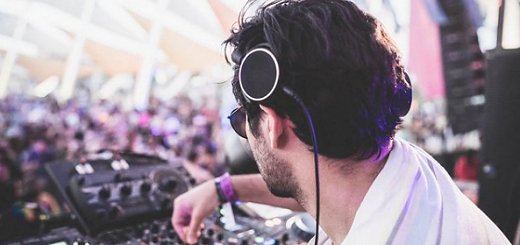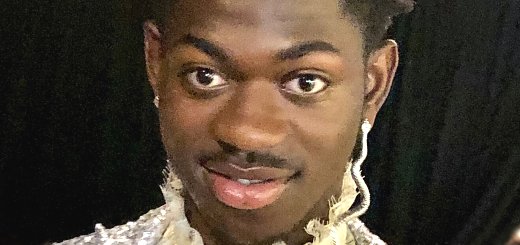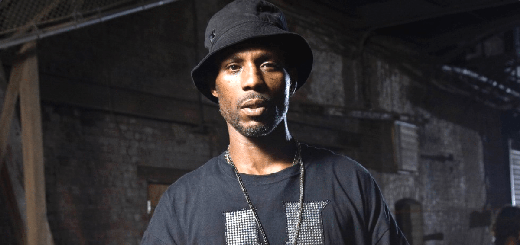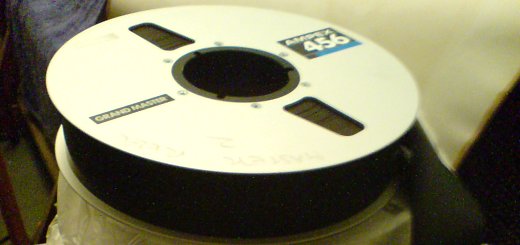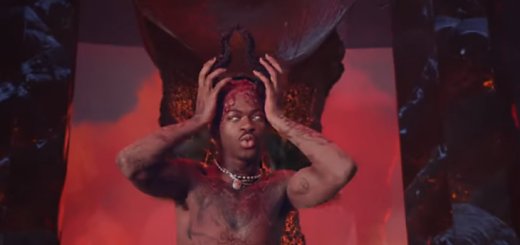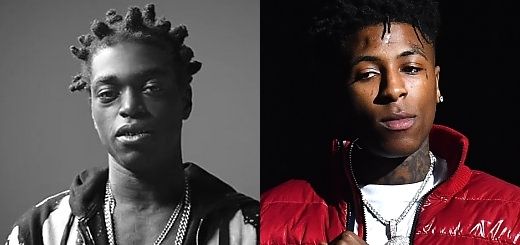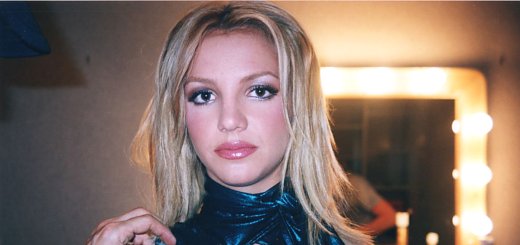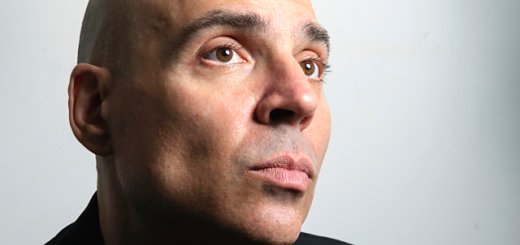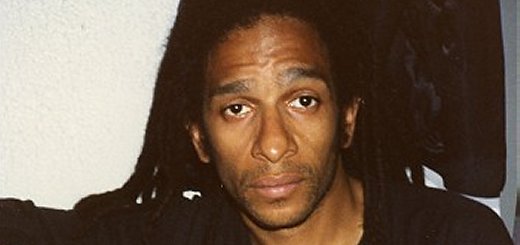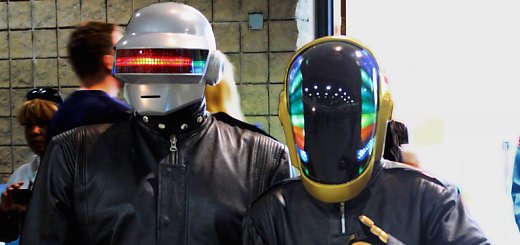Commentary: Women own the American Country Music Awards

"Though female country stars didn’t compete for the night’s top prize – Luke Bryan was named entertainer of the year – they owned Sunday’s ACM Awards" - Denver Post argues about the nature of last night's ceremony. "Carrie Underwood brought the Academy of Country Music Awards to church. Maren Morris won two honors, including song of the year. Miranda Lambert performed three times and held onto her record as the most decorated winner in ACM history. And Mickey Guyton, the first Black woman to host the awards show, gave a powerful, top-notch vocal performance".

